Brahmanvad ki Aad mein Gulamgiri
Brahmanvad ki Aad mein Gulamgiri Book by Jyotiba Phule
- Hindi,
- Paperback
- MRP- 220/-
- Sale Price: 219-/
- Paperback
Original price was: ₹220.00.₹219.00Current price is: ₹219.00. /-
10 in stock
Order Brahmanvad ki Aad mein Gulamgiri On WhatsApp
Description
Brahmanvad ki Aad mein Gulamgiri Book by Jyotiba Phule
Brahmanvad ki Aad mein Gulamgiri is a significant literary work written by Jyotiba Phule, a prominent social reformer and thinker of the 19th century. This book, originally published in Marathi in 1873, is considered one of Phule’s most influential works.
About the Author
Jyotiba Phule was a visionary social reformer who dedicated his life to challenging the oppressive caste system and advocating for the rights of marginalized communities in India. He was a strong advocate for education and believed in the power of knowledge to bring about social change.
Book Overview
Brahmanvad ki Aad mein Gulamgiri or Gulamgiri, which translates to “Slavery,” is a powerful critique of the caste system and the oppressive practices prevalent in Indian society during that time. Phule’s book exposes the exploitation and discrimination faced by the lower castes and highlights the need for social equality and justice.
In Gulamgiri, Phule presents a scathing analysis of the Brahminical dominance and the subjugation of lower castes. He argues for the need to challenge the existing social order and calls for the emancipation of the oppressed through education and awareness.
Phule’s writing in Gulamgiri is characterized by his sharp wit, logical arguments, and deep empathy for the marginalized. His ideas and insights continue to be relevant even today, as they provide a 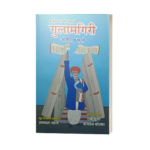 foundation for understanding the complexities of caste-based discrimination and the struggle for social justice.
foundation for understanding the complexities of caste-based discrimination and the struggle for social justice.
Brahmanvad ki Aad mein Gulamgiri remains a seminal work in Indian literature and a testament to Jyotiba Phule’s enduring legacy as a social reformer. It continues to inspire generations of activists and intellectuals in their fight against social inequality and injustice.
Brahmanvad ki Aad me Gulamgiri,” written by Jyotirao Phule in 1873, is a critical examination of the caste system in India, specifically targeting Brahmanism—the ideology that Phule argues underpins and perpetuates social hierarchies. Through this work, Phule articulates his vision for a more just and equitable society, addressing the injustices faced by marginalized communities, particularly the lower castes and women.
Historical Context
Phule wrote “Brahmanvad ki Aad me Gulamgiri” or Gulamgiri during a time of significant social and political change in India. The British colonial rule had introduced new dynamics to Indian society, and the existing caste structures were being scrutinized by reformers. The caste system, deeply entrenched in Hindu society, was responsible for systemic inequalities, which Phule aimed to dismantle through his writings.
Phule’s upbringing in a lower caste family exposed him to the harsh realities of caste discrimination. He was influenced by various social reform movements, both in India and abroad, particularly those advocating for human rights and equality. This context shaped his commitment to social justice, which is central to his work.
Structure of the Book
“Brahmanvad ki Aad me Gulamgiri” is structured as a polemic, combining historical analysis, philosophical arguments, and a call for social reform. Phule uses a direct and confrontational style to engage his readers, making complex ideas accessible to a broader audience.
Critique of Brahmanism
- Foundations of Brahmanism: Phule critiques Brahmanism as a social and religious ideology that justifies the subjugation of lower castes. He argues that Brahmins, as the priestly class, created a hierarchy that places themselves at the top, while relegating others to inferior positions. This
 hierarchy, he posits, is not divinely ordained but rather a human construct designed to maintain power and control.
hierarchy, he posits, is not divinely ordained but rather a human construct designed to maintain power and control. - Manipulation of Religious Texts: Phule highlights how Brahmanical texts have been manipulated to reinforce caste divisions. He argues that these texts serve as tools for legitimizing oppression, providing a false sense of divine authority to the social order. By emphasizing this manipulation, Phule calls into question the validity of the religious justifications for caste discrimination.
- Dehumanization of Lower Castes: One of Phule’s core arguments is that Brahmanism dehumanizes those in lower castes. By denying them basic rights and dignity, the ideology creates a societal norm where the lower castes are seen as inferior and unworthy. This dehumanization is perpetuated through various social practices, including untouchability, which Phule vehemently opposes.
Historical Analysis of Caste
- Caste as a Social Construct: Phule posits that caste is a social construct rather than a natural order. He traces the historical evolution of the caste system, arguing that it emerged as a means for the upper castes to exploit the labor of the lower castes. By situating caste within a historical framework, he demonstrates how it has been upheld by power dynamics rather than divine will.
- Resistance and Rebellion: Phule acknowledges the resistance from lower castes against oppression throughout history. He cites various instances of rebellion and social upheaval, arguing that these movements highlight the inherent desire for justice and equality among the oppressed. By recognizing these historical struggles, Phule validates the experiences of marginalized communities.
- Comparison with Other Societies: Phule draws parallels between the caste system in India and other forms of social hierarchy globally. He emphasizes that systems of oppression exist in various forms, and understanding these similarities is crucial for building solidarity among oppressed groups.
- सावित्रीबाई फुले का जीवन संघर्ष,
savitribai phule books,
savitribai phule books,
सावित्रीबाई फुले,
savitribai,
Advocacy for Education
- Importance of Education: A central tenet of Phule’s argument is the transformative power of education. He believes that education is essential for the empowerment of the lower castes and a key to dismantling the caste system. By educating marginalized communities, Phule aims to equip them with the knowledge and skills necessary to challenge their oppression.
- Establishment of Schools: Phule and his wife, Savitribai Phule, founded schools for girls and lower castes in Pune. Their commitment to education was revolutionary, as it defied societal norms that discouraged education for these groups. Phule emphasizes that education should be inclusive and accessible to all, regardless of caste or gender.
- Critique of Traditional Education: Phule critiques traditional education systems that reinforce caste hierarchies. He argues that educational institutions often serve the interests of the upper castes and perpetuate oppressive ideologies. By advocating for a more egalitarian approach to education, he seeks to create a more just society.
Call for Social Reform
- Revolutionizing Society: Phule’s vision for social reform is radical. He calls for a complete overhaul of the existing social order, advocating for the dismantling of the caste system and the establishment of an egalitarian society. His ideas challenge not only the caste system but also patriarchal structures that further oppress women.
- Empowerment of Women: Phule recognizes the double oppression faced by women, especially those from lower castes. He argues that true social reform cannot occur without addressing gender
 inequality. He advocates for women’s education and empowerment as essential components of the broader struggle for social justice.
inequality. He advocates for women’s education and empowerment as essential components of the broader struggle for social justice. - Mobilizing the Oppressed: Phule emphasizes the importance of collective action among the oppressed. He believes that social change requires the active participation of marginalized communities, urging them to unite against their oppressors. This mobilization is crucial for challenging the status quo and demanding justice.
Phule’s Legacy and Influence
- Influence on Future Movements: Phule’s ideas have had a profound impact on subsequent social reform movements in India. His critiques of caste and advocacy for equality influenced prominent figures like Dr. B.R. Ambedkar, who further developed these themes in his own work. Ambedkar acknowledged Phule’s contributions as foundational to the struggle against caste oppression.
- Continued Relevance: The themes explored in “Brahmanvad ki Aad me Gulamgiri” remain pertinent in contemporary discussions about caste, gender, and social justice in India. Phule’s insights continue to inspire activists and scholars working to challenge systemic inequalities and promote human rights.
- Cultural and Social Shifts: Phule’s work played a crucial role in shifting societal attitudes towards caste and gender. By challenging prevailing norms and advocating for social justice, he contributed to a broader cultural movement towards equality and inclusion.
Philosophical Underpinnings
- Humanism and Rationalism: Phule’s philosophy is rooted in humanism and rationalism. He advocates for a society where individuals are valued based on their humanity rather than their caste or gender Brahmanvad ki Aad mein Gulamgiri. This humanistic approach underpins his critiques of Brahmanism and the caste system.
- Empirical Analysis: Phule employs empirical analysis to support his arguments, drawing on historical evidence and social observations. His rational approach lends credibility to his critiques and highlights the need for a more just society.
- Vision for a Just Society: Ultimately, Phule envisions a society where equality and justice prevail. His call for social reform is not just a critique of existing structures; it is a vision for a better future, one where all individuals can live with dignity and respect.
Jyotirao Phule (1827-1890) was a pioneering social reformer, writer, and activist in India, particularly known for his efforts to challenge the caste system and promote social justice. His life and work laid the foundation for the movements advocating for the rights of marginalized communities in India.
Early Life and Background
Born on April 11, 1827, in Pune, Maharashtra, Phule belonged to the Mali caste, which was considered a lower caste in the rigid social hierarchy of his time. His father was a small landowner and a traditional gardener. Growing up, Phule faced discrimination due to his caste, which profoundly influenced his views on social justice and equality.
Phule received a formal education, which was rare for people of his background. He was exposed to various social reform movements, both in India and abroad, and was inspired by Enlightenment ideals of equality and human rights.
Marriage and Early Activism
In 1840, Jyotirao married Savitribai Phule, who would become a crucial partner in his social reform efforts. Savitribai was one of the first women teachers in India and played a vital role in promoting education for girls and the marginalized. Together, they opened the first school for girls in Pune in 1848, defying societal norms that discouraged women’s education.
Social Reforms and Ideological Contributions
Phule’s activism focused on several key areas:
- Education: He believed education was essential for the empowerment of the oppressed. Phule established schools for girls and lower castes, advocating for inclusive education that transcended caste barriers.
- Critique of the Caste System: In his writings, including “Gulaamgiri” and “Brahmanvad ki Aad me Gulaamgiri,” Phule critiqued the caste system as a social construct designed to perpetuate inequality. He argued that caste divisions were man-made and emphasized the need for their abolition.
- Women’s Rights: Phule was a staunch advocate for women’s rights, recognizing their double oppression under both caste and patriarchy. He fought against practices such as child marriage and supported women’s education and empowerment.
- Formation of the Satyashodhak Samaj: In 1873, Phule founded the Satyashodhak Samaj (Truth Seekers’ Society), aimed at promoting social equality and justice. The organization sought to educate the oppressed and challenge the caste system.
Literary Contributions
Phule was also a prolific writer, using his writings as tools for social reform. His works include essays, poetry, and plays that address issues of caste, gender, and social injustice. His literature is characterized by a passionate call for equality and a critique of oppressive systems.
characterized by a passionate call for equality and a critique of oppressive systems.
Legacy and Impact
Jyotiba Phule’s contributions to social reform have had a lasting impact on Indian society. He is often regarded as a precursor to later movements advocating for the rights of marginalized communities, influencing leaders like Dr. B.R. Ambedkar. His emphasis on education, equality, and social justice continues to inspire contemporary activists and scholars.
Recognition
Though he faced significant opposition during his lifetime, Jyotirao Phule is now celebrated as a key figure through Brahmanvad ki Aad mein Gulamgiri or gulamgiri in the struggle against caste discrimination and for women’s rights in India. His legacy is honored through various memorials, educational institutions, and celebrations, reflecting his enduring influence on social reform in India.

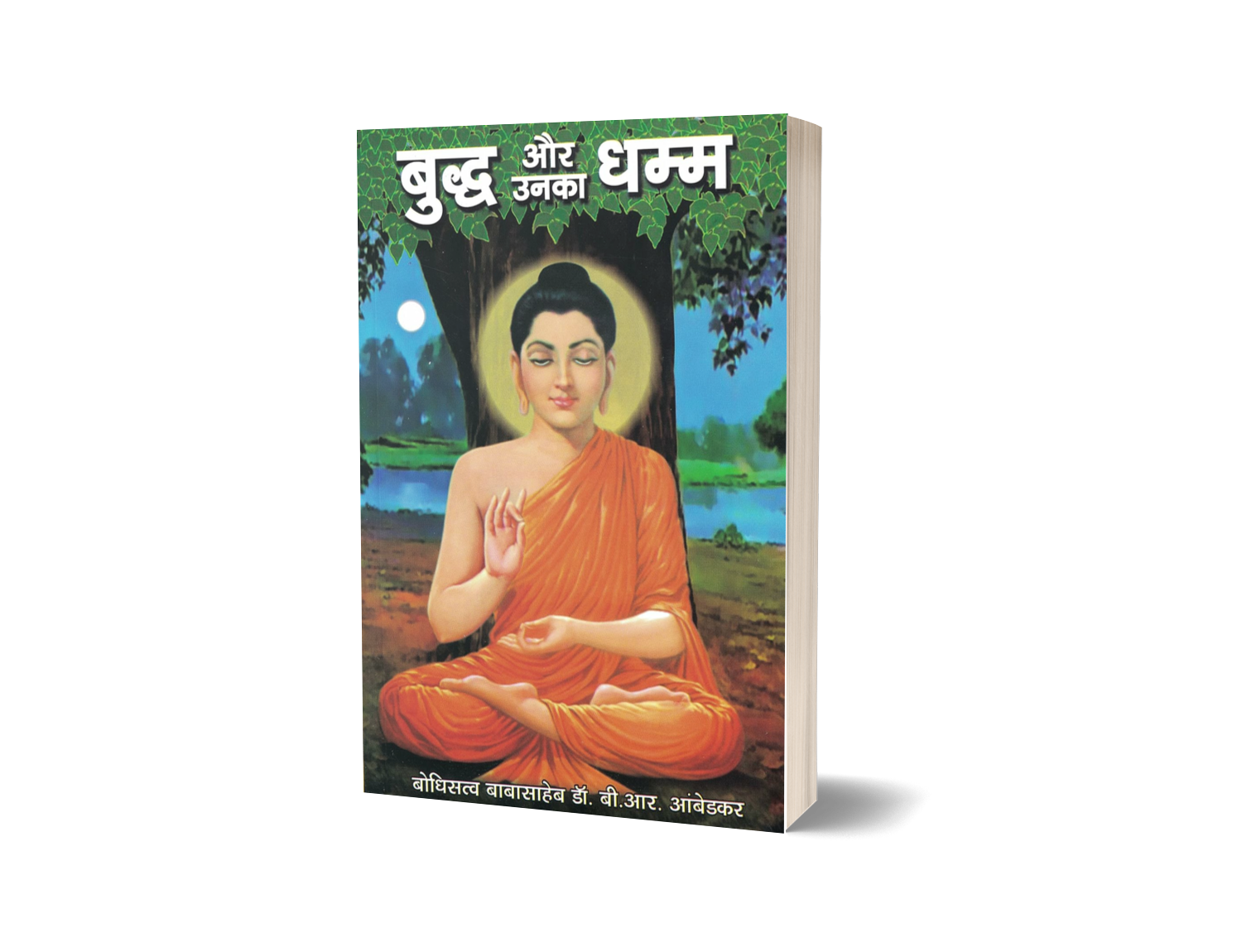
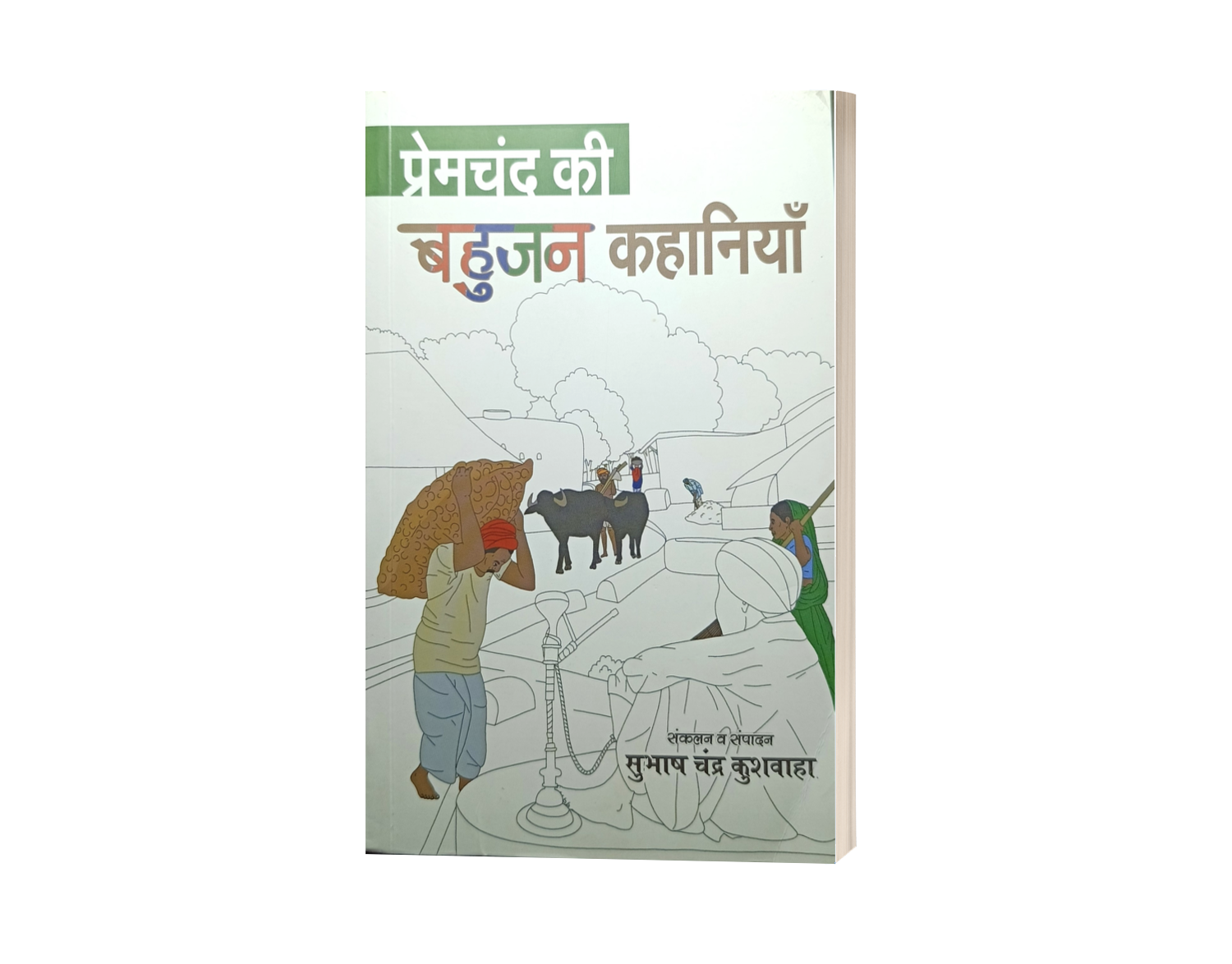
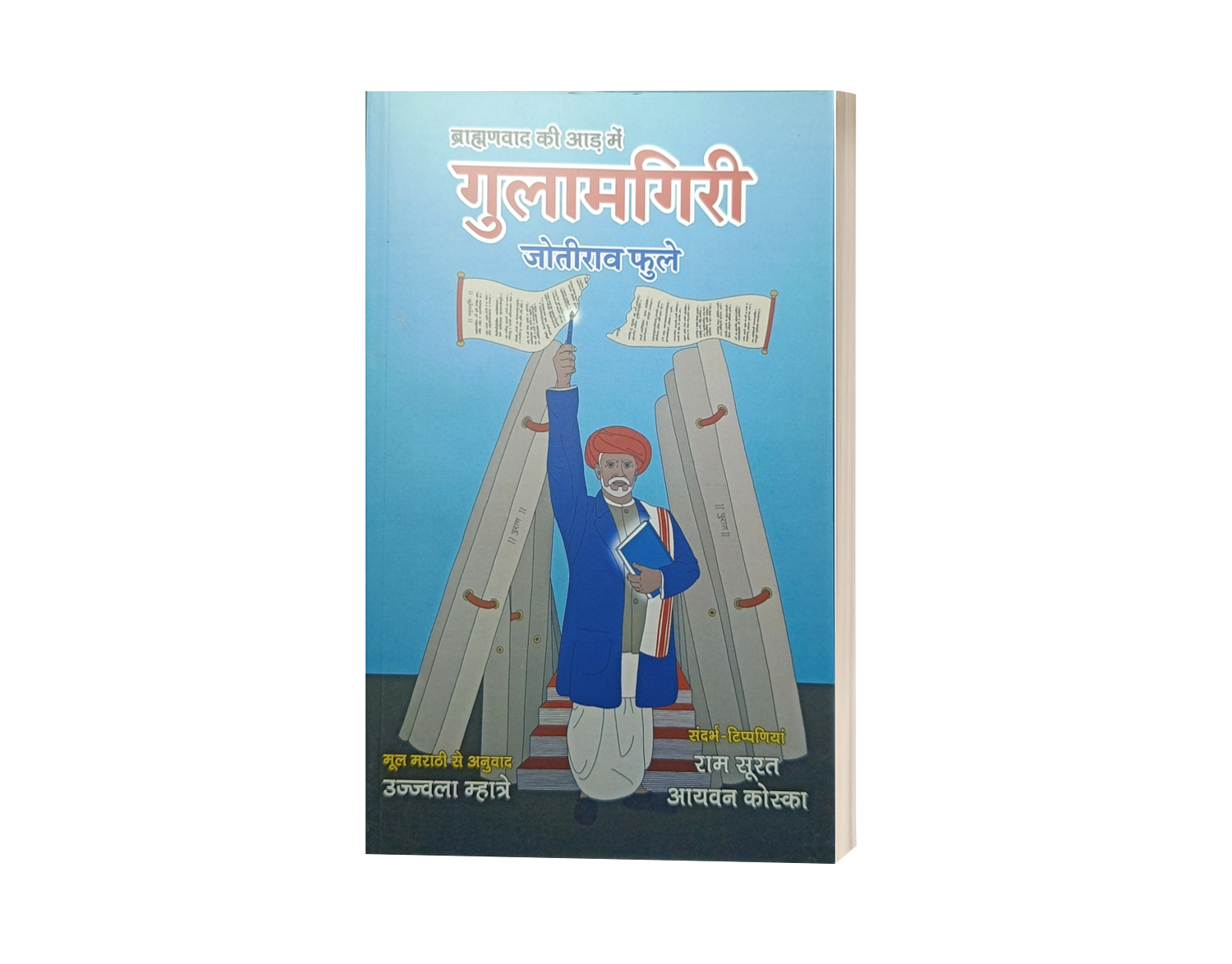
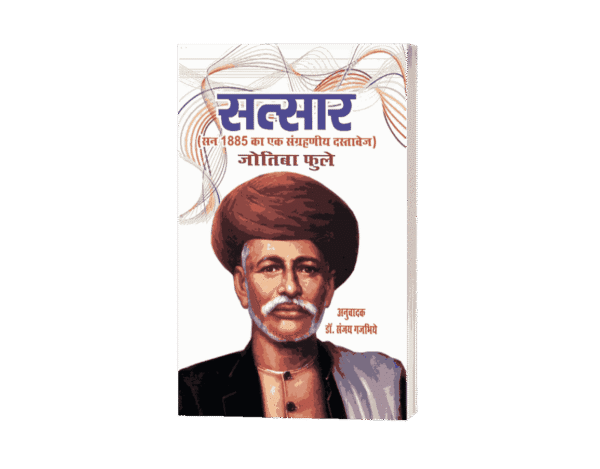
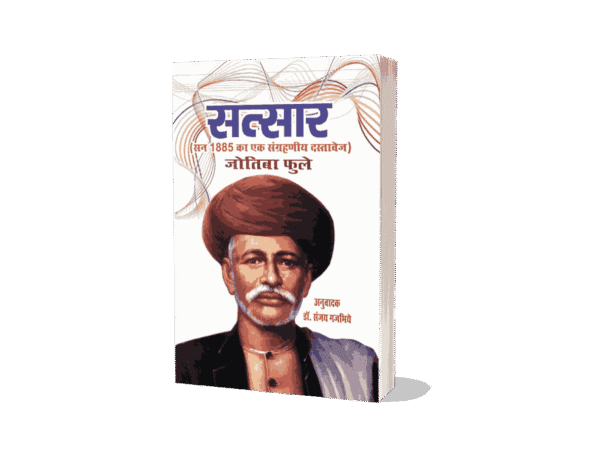
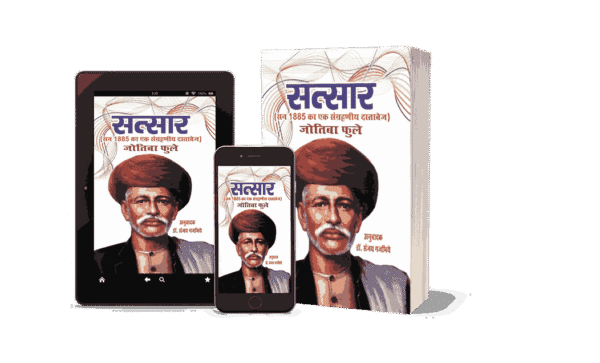
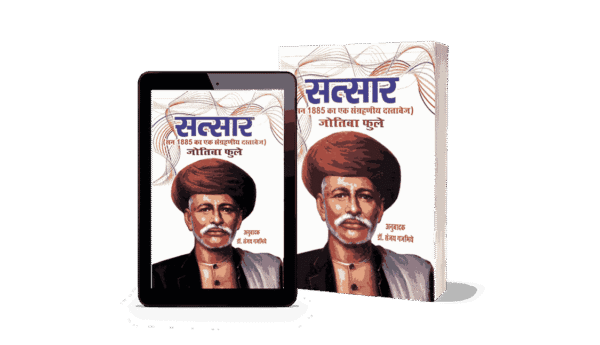
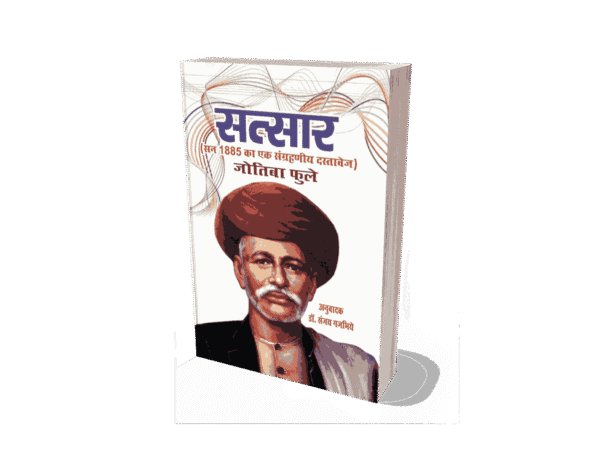
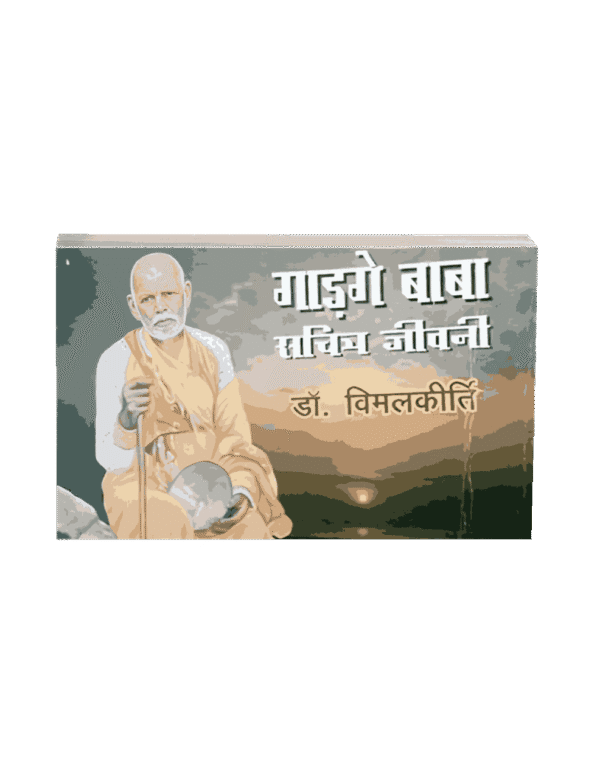


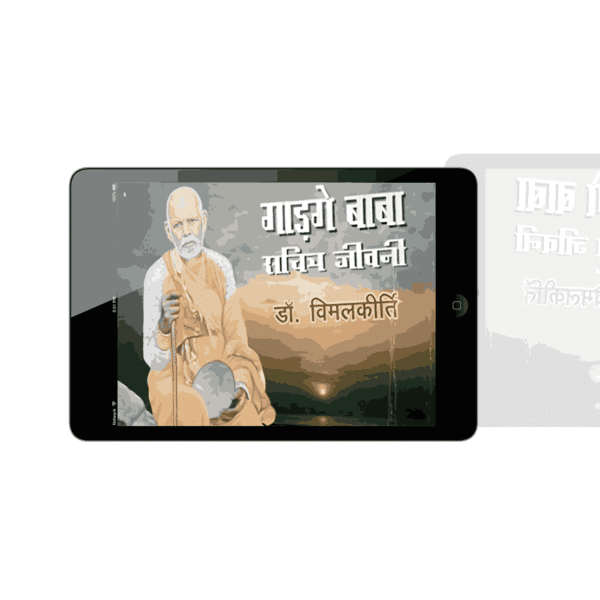

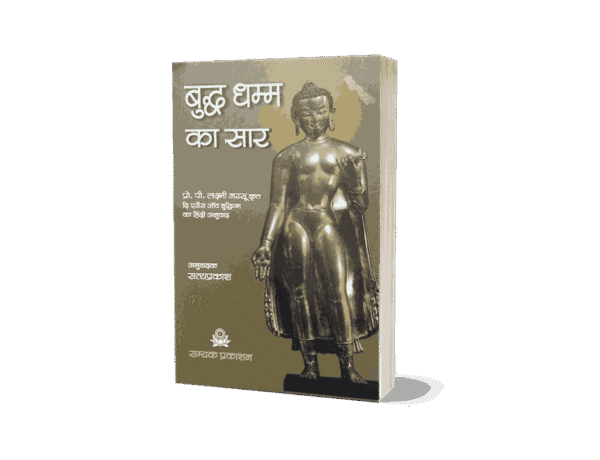
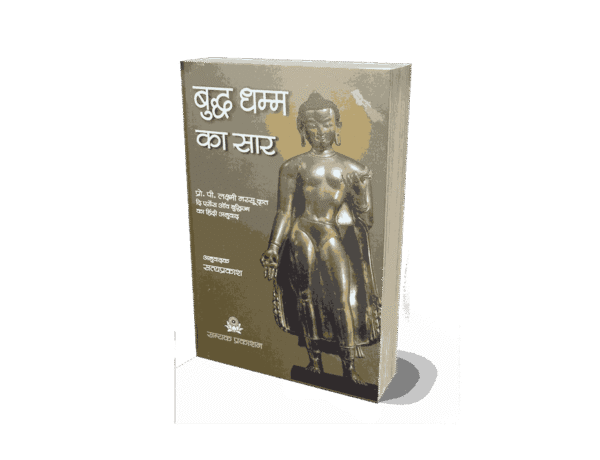
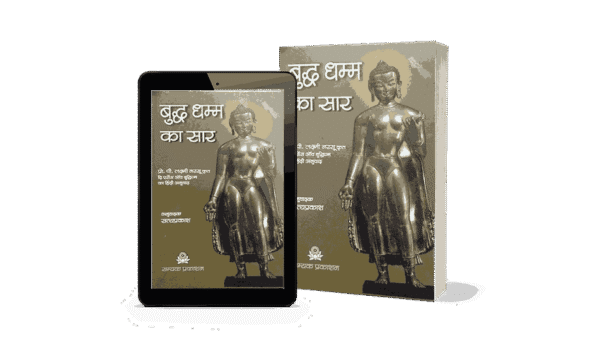

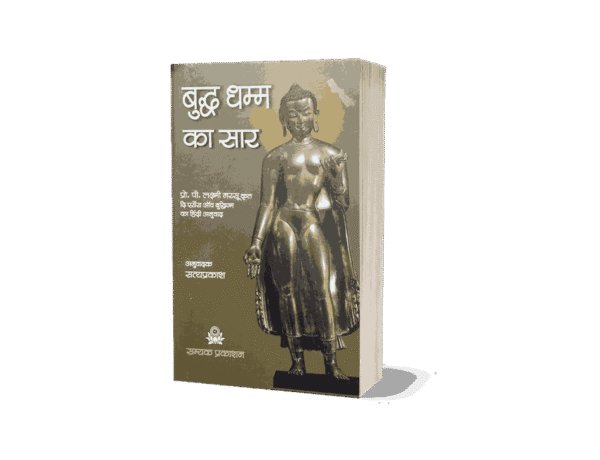
jyoti –
Very Good Book